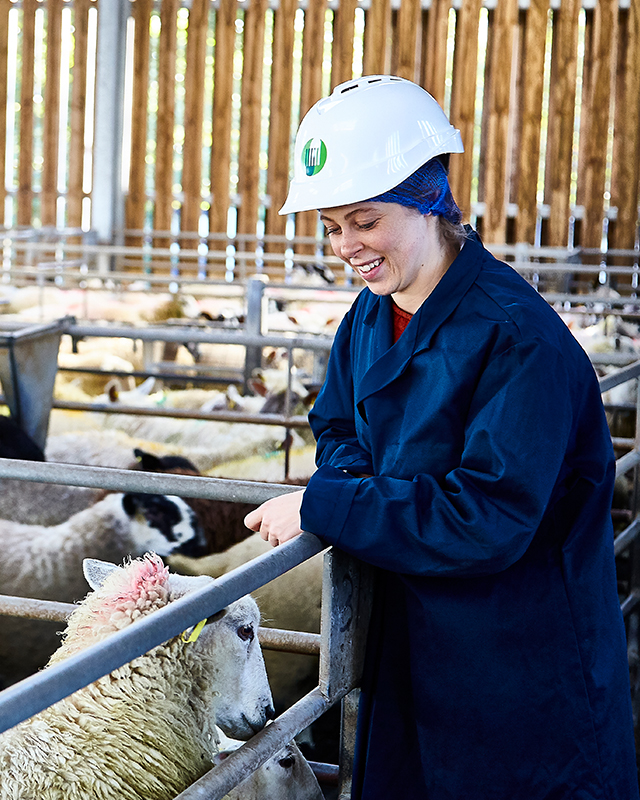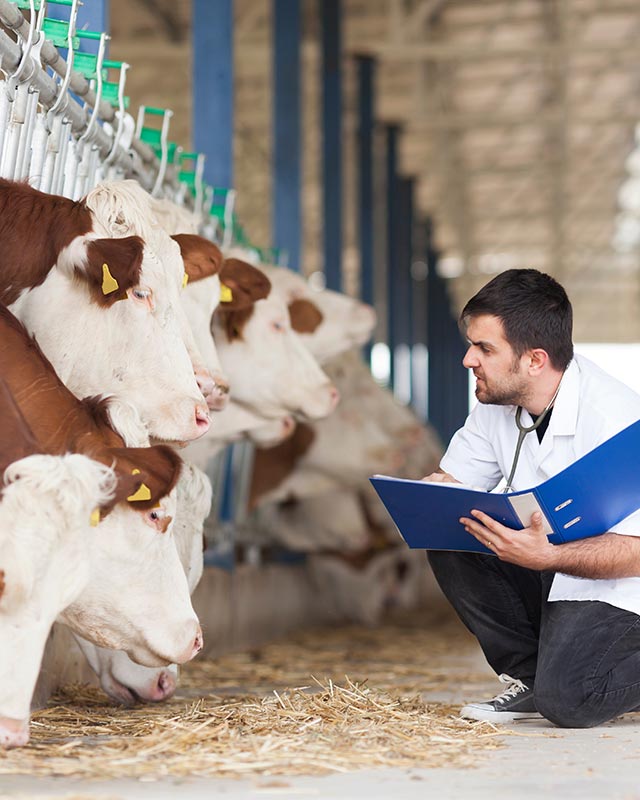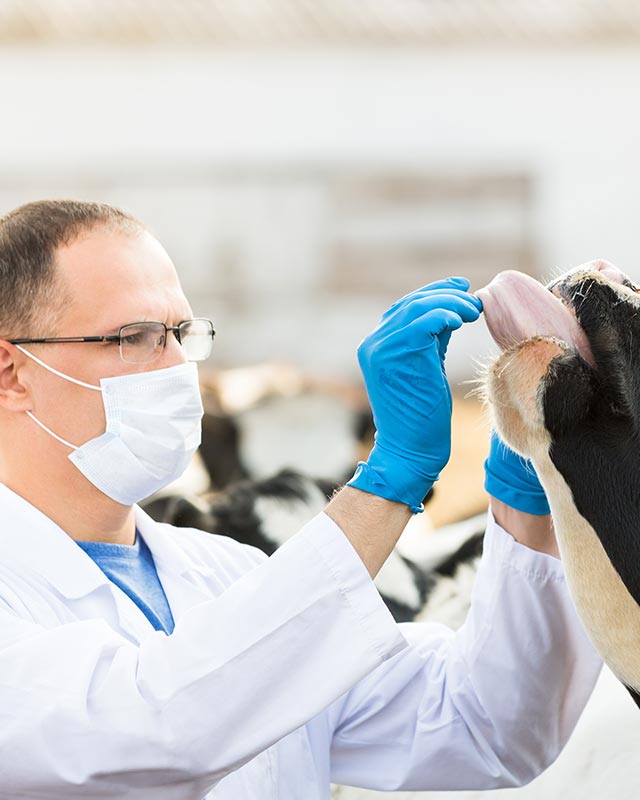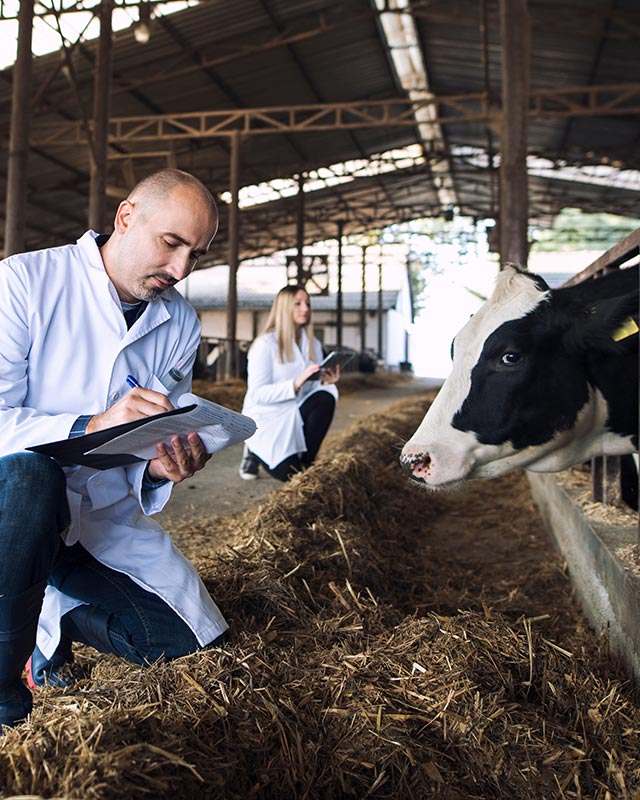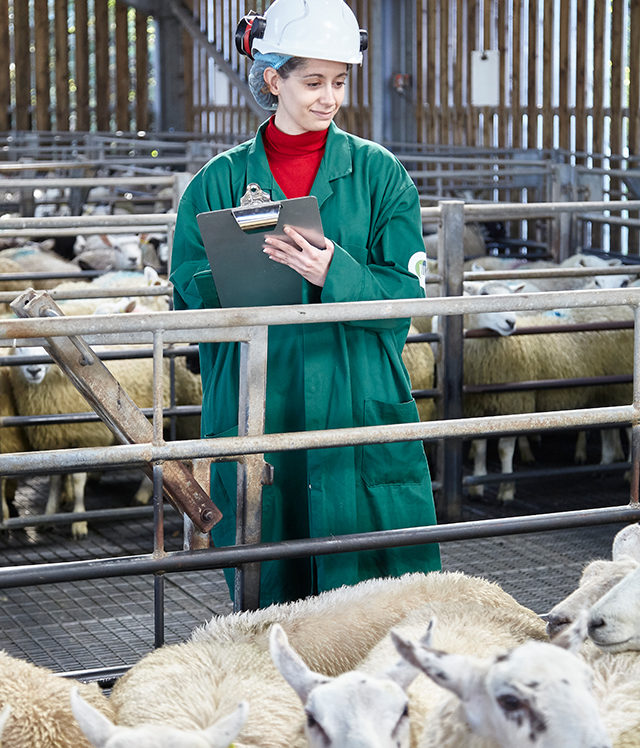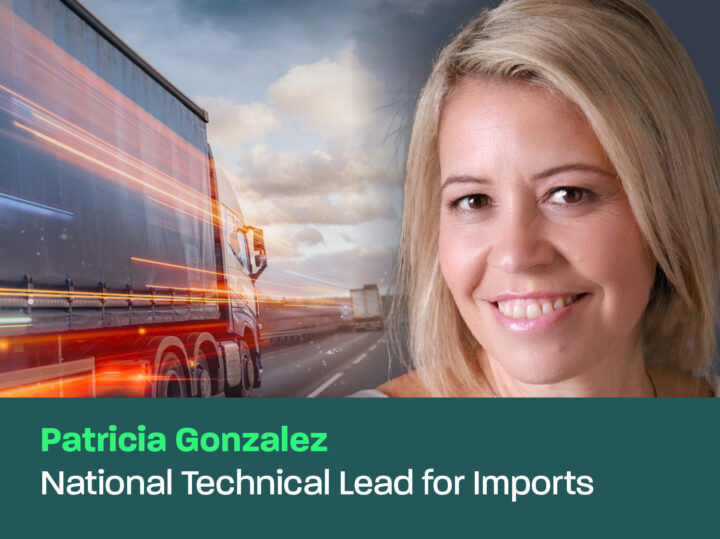Under the UK Border Target Operating Model, checks planned for the end of October 2024 are now due to come into force January 2025. This stage will see the continuation of Safety and Security declarations for EU imports, alongside a reduced dataset for imports and the use of the UK Single Trade Window.
These changes are intended to increase border security and remove duplication where possible across different pre-arrival datasets, such as Safety and Security, Sanitary and Phytosanitary, and pre-lodged customs declaration.
The next stage of changes will impact The Windsor Framework, which was designed to facilitate the movement of goods within the UK from Great Britain into Northern Ireland, while preventing those goods from entering the UK’s single market.
We asked our National Technical Lead for Imports, Patricia Gonzalez, to comment on these import control changes in relation to the Windsor Framework:
“After Brexit, both the EU and the UK had to acknowledge the unique situation of Northern Ireland due to its geographic situation. The Windsor Framework is intended to allow Northern Ireland to bring in British products without controls as part of the UK internal trade, while maintaining access to the EU market.
As part of this, a series of safeguards was set to be incorporated, including the gradual introduction of “not for EU” labelling on different commodities. The intention was to apply these measures on dairy and meat products from the 1st of October 2024 and expand it to all other products by July 2025. However, due to delays within the process, the introduction of these new conditions will not be incorporated until next year, as with the border controls on the west side of the country.
While it is clear what this framework tries to achieve and how vital it is for Northern Ireland to maintain both lines of supplies, the British and the European, this does raise some concerns from a phytosanitary point of view.
As an island nation, we are in a privileged situation to control our borders against animal and public health hazards, with the sea acting as a natural barrier. The Windsor Framework allows a soft border between Northern Ireland and the Republic of Ireland, allowing Irish products to be imported into Britain without controls. Although facilitating trade, this also put us into a vulnerable position against smuggling non-controlled products.
This is a complex situation, with the balance between the risks associated with this framework and the benefits for Irish trade needing to be considered, so we can maintain strong borders that will not only control legitimate trade, but also detect and stop the non-legitimate. Hopefully the introduction of additional border controls and safeguards will help with this, and allow us to ensure food safety across the UK.”
You can read the full plans for a new approach to importing goods into Great Britain at the GOV.UK website: The Border Target Operating Model
About Patricia Gonzalez
Patricia is the National Technical Lead for Imports at E&J, supporting a team of Technical Managers to deliver the highest technical standards of service delivery. Graduating in Veterinary Medicine at the University de Las Palmas, Gran Canaria, Patricia has worked as a Portal OV for over 20 years.

